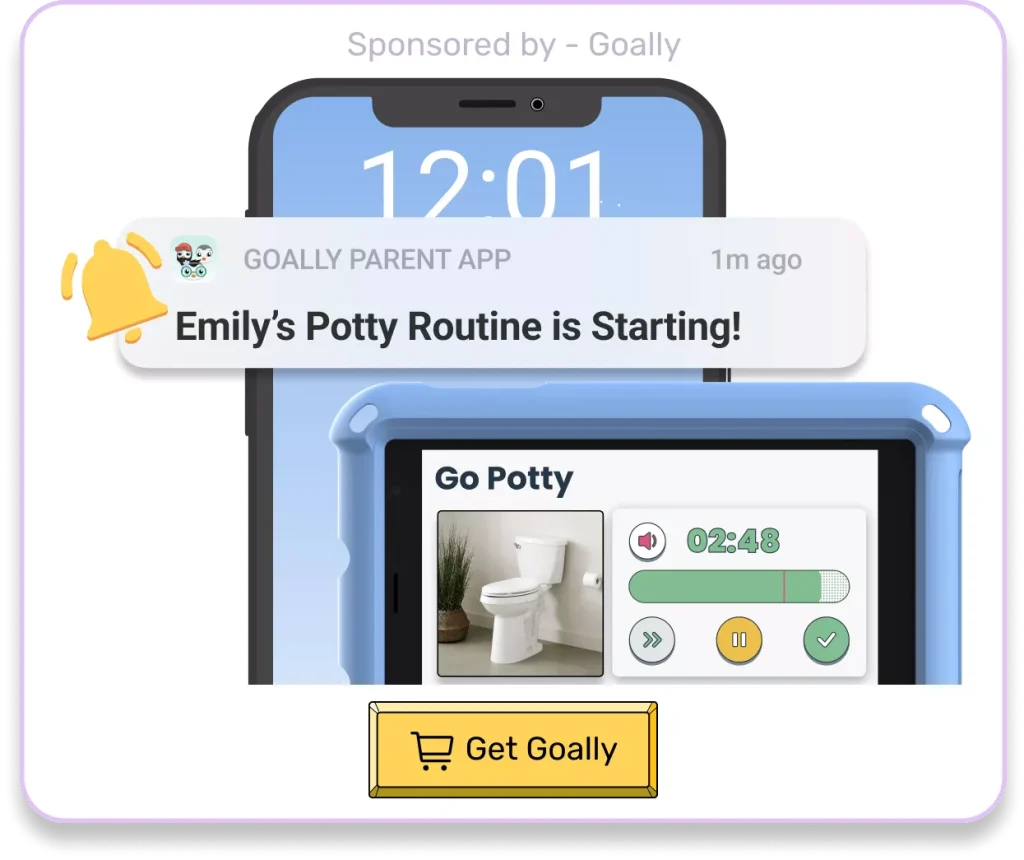How can you best support your child as they navigate the intertwined worlds of autism and hearing? If you’re a parent or caregiver of a neurodivergent child, this comprehensive guide holds the answers. We’re shedding light on the relationship between autism and hearing sensitivity, discussing supportive strategies, and sharing research that can empower your child to thrive. Ready to uncover new insights to improve your approach towards your child’s auditory experience?
Table of Contents
Hearing Sensitivity in Neurodivergent Kids
First and foremost, it’s critical to recognize that neurodivergent kids often exhibit a heightened sensitivity to sound. Some people struggle with everyday noises and may react by avoiding them or becoming agitated. Autism and hearing sensitivity can manifest in several ways:
- Hyperacusis: This condition refers to an increased sensitivity to everyday noises, making common sounds unbearable for some kids.
- Phonophobia: A fear of loud noises or specific sounds can develop, causing anxiety and avoidance of certain situations.
- Misophonia: Extreme emotional reactions to specific sounds, such as chewing or the sound of a clock ticking, are common amongst individuals with misophonia.

Read More: Hearing Electricity Autism | Is it Normal?
All of these manifestations, however, can be addressed with the right strategies and tools. For example, devices like Goally can be an excellent resource for managing daily routines and activities while promoting a sense of autonomy and independence in your child.
Goally | Visual Scheduler for Autism
Does your child struggle with getting ready in the morning independently? Goally’s routine app on the best tablet for kids breaks down large tasks into small, achievable steps for autistic kids. Create custom routines with your own videos & pictures for every step.
Creating a Supportive Environment: Strategies for Success
Establishing a secure and comforting environment for your child is vital to their well-being. Here are some strategies to consider implementing:
- Noise-cancelling headphones: Invest in a quality pair to help your child cope in noisy environments, alleviating moments of sensory overload.
- Soundproofing: Utilize sound-blocking materials to insulate their bedroom, playroom, or other spaces, fostering a safe haven within your home.
- White noise machines: Aiding in sleep and focus, these devices help mask distracting sounds, providing a consistently calm atmosphere for your child.
- Identify triggers: Pay attention to the sounds that cause distress and develop tailored coping strategies for those specific situations.
- Communication techniques: Teach your child to express discomfort with sounds for prompt assistance.
In addition to these practical strategies, always remain adaptable and responsive to your child’s evolving needs. Goally can assist in maintaining consistency and offering reassurance as you and your child navigate sensory challenges together.
Read More: What Does Sensory Overload Look Like?
Autism and Hearing: Recent Research Findings
Scientific investigations have delved into the connection between autism and hearing, continuously uncovering new insights. By staying up-to-date with the latest research findings, you can further refine your approach towards your child’s auditory experience. Be ready to adapt as more information becomes available.
- A 2014 study published in the Journal of Autism and Developmental Disorders found that individuals with autism may have enhanced pitch discrimination abilities, enabling them to detect small variations in pitch that others might not notice.
- Another study from 2016, published in Cerebral Cortex, suggested that individuals with autism might possess a more rapid auditory processing system, allowing them to process sounds more quickly than their neurotypical peers.
- Auditory processing issues may affect language development in kids with autism. Early intervention is crucial.
Tailored Therapeutic Approaches for Kids Facing Autism and Hearing Challenges

Read more: Does AAC Prevent Speech Development in Children?
Several therapeutic methods are available to improve auditory processing and sensitivity for neurodivergent kids. However, it’s crucial to recognize that every child is unique, and not all approaches will be suitable for everyone. Here are some popular options:
- Auditory Integration Training (AIT): Through the use of specialized, filtered music, this therapy aims to regulate the auditory system, reducing hearing sensitivity.
- Occupational Therapy (OT): Occupational therapists can collaborate with your child to manage sensory sensitivities and develop personalized coping strategies.
- Speech and Language Therapy (SLT): For children facing language and communication challenges, speech and language therapists can help improve communication skills and auditory processing.
Before deciding on an approach, it’s essential to consult with a professional. They can guide you in determining the best course of action for your child’s individual needs.
Read More: Sensory Processing Disorder Quiz
Goally is a great tool for kids with ASD who are looking to improve their life and language skills. It can be used in the home or clinic, and it is tailored to the individual needs of each child. Goally is a digital therapy and teaching assistant that can help kiddos with autism spectrum disorder (ASD). Goally can help children with a variety of tasks, including:
- Learning New Skills: Goally’s video classes helps children learn new skills, such as: how to follow directions, how to interact with peers, and how to make a sandwich.
- Increased Communication: Goally helps children effectively communicate wants and needs while also teaching them their first 50 words, allowing children to participate in the world around them.
- Behavior Management: Goally helps children manage their behavior, both in the classroom and at home by rewarding positive behaviors created by parents and teachers.
Goally’s distraction-free kid’s tablet can be used as a therapy tool to help teach executive function, language, emotional regulation, finger dexterity skills, and more!
Empowering Your Child: A Recap on Autism and Hearing
In short, a comprehensive understanding of autism and hearing sensitivity can empower you to support your child more effectively. By implementing strategies backed by the latest research findings, you’ll be better equipped to champion your child’s journey towards an enriched and fulfilling life. Together, with resources like Goally by your side, you’ll make significant strides in nurturing your neurodivergent child to reach their full potential.
FAQs About Autism and Hearing
What are some signs of autism in children? Common signs of autism in children include difficulty with social interactions, repetitive behaviors, and challenges with communication. These symptoms can vary significantly from one child to another.
How can visual schedules help children with autism? Visual schedules can help children with autism by providing structure and predictability, aiding in understanding and managing daily activities, and enhancing their ability to cope with transitions.
What is the role of emotional regulation apps for children with autism? Emotional regulation apps can assist children with autism in identifying, understanding, and managing their emotions effectively, which can improve their social interactions and overall well-being.
How can rewards benefit children with autism? Rewards can motivate children with autism to engage in desired behaviors or skills, providing positive reinforcement that encourages learning and development.
Are children with autism more likely to have hearing problems? While not all children with autism experience hearing problems, they may have hyper- or hypo-sensitivity to sound, a common characteristic of Sensory Processing Disorder often associated with autism.
This post was originally published on 05/19/2023. It was updated on 09/20/2023.

Goally
We help parents teach their kids life skills, like doing bedtime and morning independently. Backed by science, we incorporate evidence-based practices and expert-informed designs in all of our apps and content.







